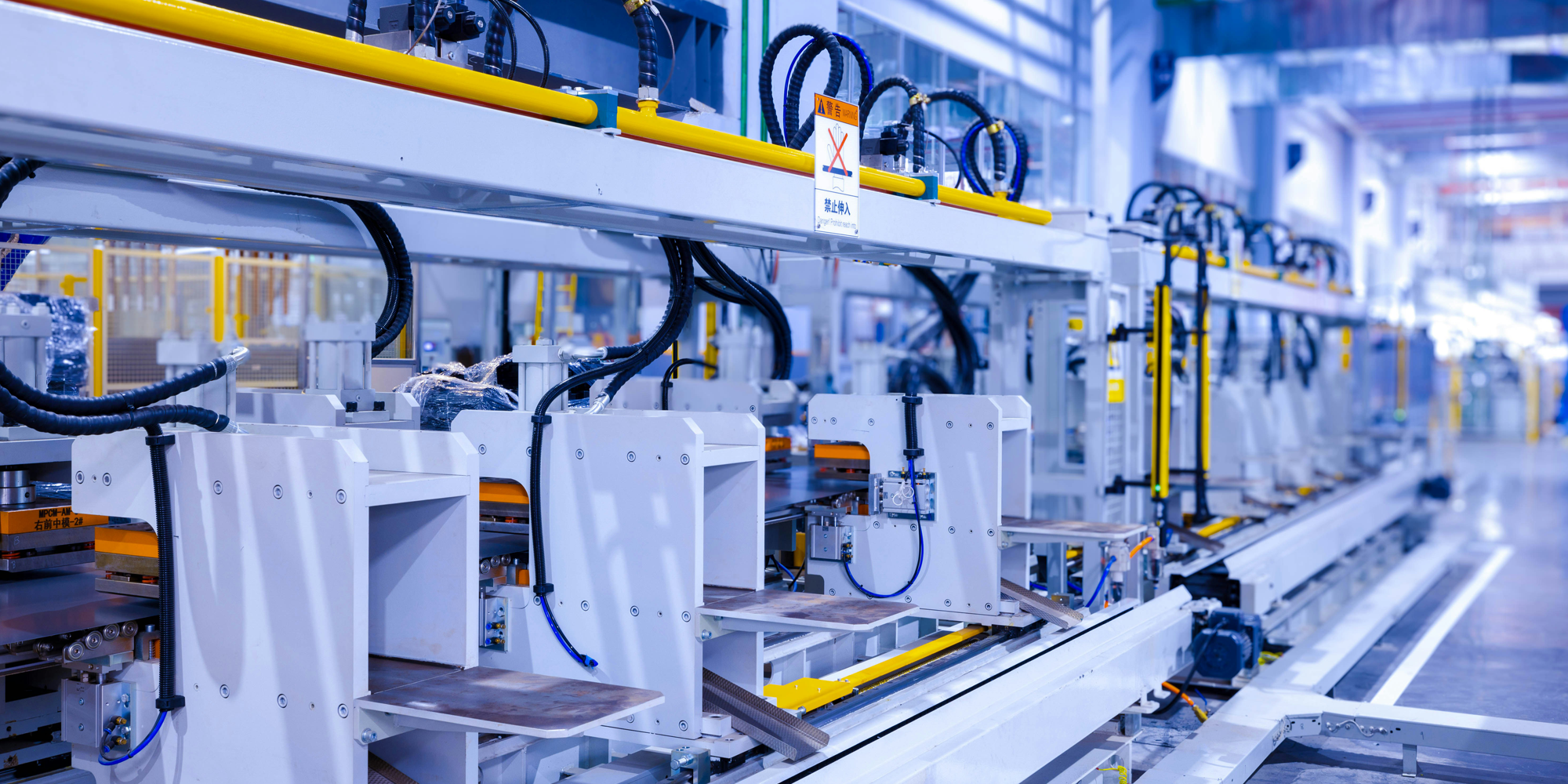Over the past few weeks, James Cox, CEO of BioTalent, has participated in four major conferences and executive roundtables across the life sciences sector. At each one, a single topic dominated the conversation: generative AI in biopharma manufacturing. While perspectives varied some enthusiastic, others more cautious the consensus was clear: AI is no longer a future concept. It’s here now, and it’s beginning to reshape how biopharma companies operate, particularly in manufacturing.
Industry leaders are exploring how AI can unlock efficiency, reduce cost, and improve accuracy across production environments. Some of the headline insights James gathered included projections that AI could unlock up to $7 billion annually in productivity savings for the sector. Agentic AI and large language models (LLMs) are already cutting deviation rates, reducing reporting and analysis time by over 60%, and significantly easing the corrective workload. For example, AI can auto-generate CAPAs for most deviation cases, close them up to 40% faster, and help lower quality-related write-offs by 30%.
Machine learning has already proven its value shortening IND timelines by over 30% and improving development efficiency by 40%. Generative AI is expected to build on this momentum, enabling quicker time-to-market and leaner development processes. But the biggest hurdle may not be technical. By 2028, talent shortages are projected to become a major barrier to AI adoption. From bioprocess modelling and digital twins to downstream processing, automation, and process analytics, demand for deep domain expertise is quickly outpacing supply. AI is clearly reshaping the future of biopharma manufacturing but technology alone isn’t enough. The companies prepared to lead this shift are those pairing cutting-edge tools with the specialised talent needed to apply them effectively.
At BioTalent, we’re already helping forward-thinking companies prepare for this transformation by identifying and securing the niche expertise required to drive scalable impact.

